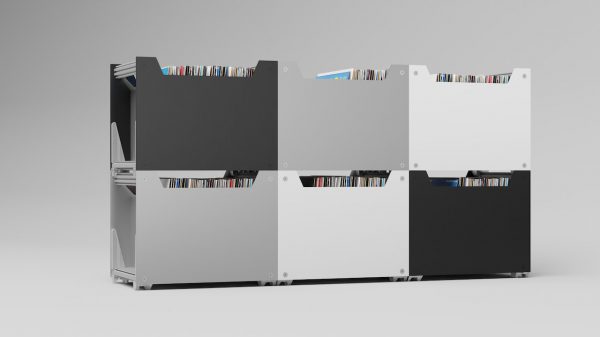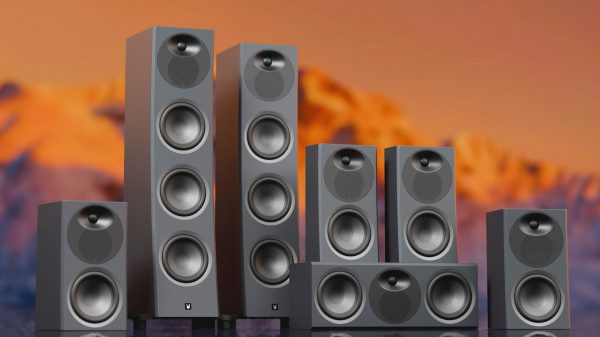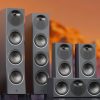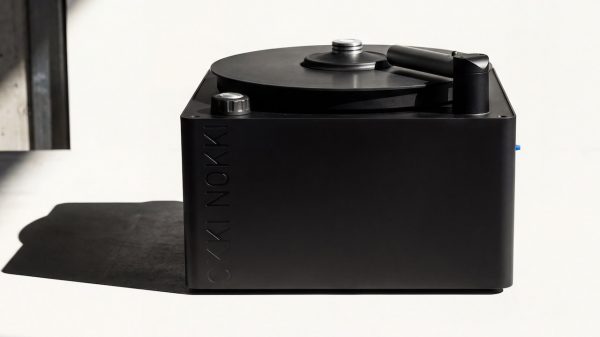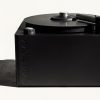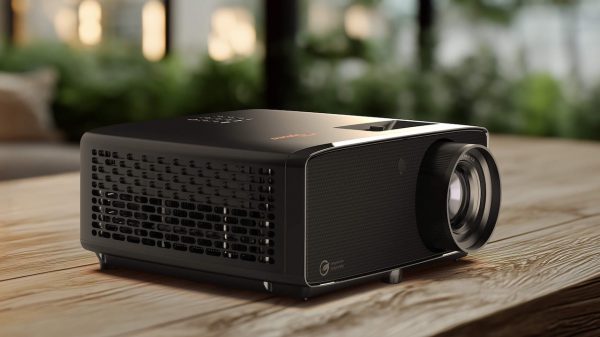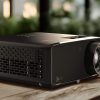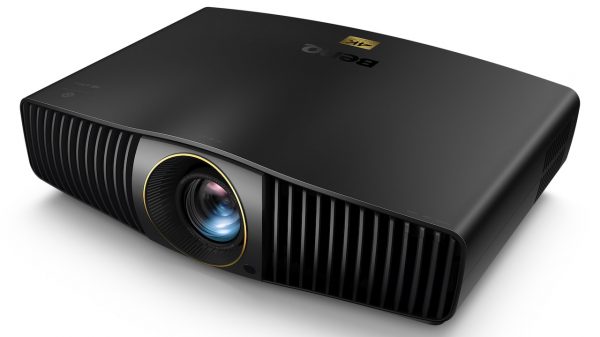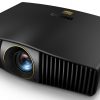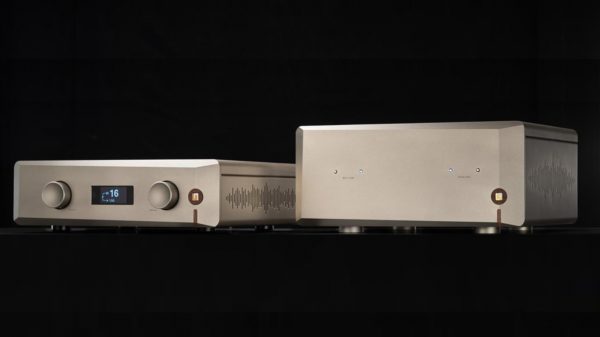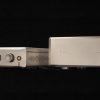While most agree that file fragmentation slows down computer performance, there still seems to be a bit of controversy over when defragmentation is really needed. Some think that larger disks don’t need defragmenting, and others think that the most modern operating systems don’t require defragmentation, and still others have the opinion that only servers really need defragmenting.
The truth of the matter is that file fragmentation occurs with all operating systems on all computers everywhere–and affects the performance of each and every one–so the notion that “sometimes defragmentation is not needed” is actually ill-founded.
Fragmentation was invented for a purpose–to better utilize disk space. Files saved in fragments (pieces) means that more of the space on a disk can be utilized. But fragmentation is a solution that became a problem, and it’s a problem on all computers. The need to retrieve each and every fragment in order for a file to be accessed necessitates heavy extra I/O traffic, slows down performance, and decreases the life of a hard drive.
This is not only true of servers with constant high activity and access–it is also true of workstations and laptops. Just as with servers, workstations and laptops also have files being created, modified and deleted, and this activity alone causes fragmentation. If that fragmentation is not addressed, these computers, like their larger server cousins, will slow down dramatically and can even have their reliability threatened.
Not only is defragmentation itself necessary, though–the choice of defragmentation technology is also important. The most basic is manual defragmentation, with which the user fires off the defragmentation routine and leaves the computer alone long enough for it to run. The most common traditional choice is scheduled defragmentation; the defrag routine is scheduled to run when the computer is not in use.
With today’s large files and disk capacities, there are major problems with both these methods. First, fragmentation continues to build and dramatically impact performance in between the manual or scheduled runs. And second, with very large drives (which are becoming more and more common) these defragmentation methods barely impact the fragmentation problem at all.
The best solution for today’s computing environments–on all computers including workstations and laptops–is a fully automatic solution, one that will run whenever otherwise idle system resources are available. No scheduling or manual operation is ever required, and performance is constantly maximized.
For all computers, defragmentation is essential. And a fully automatic solution means that the user or system administrator never has to have attention on it ever again.

